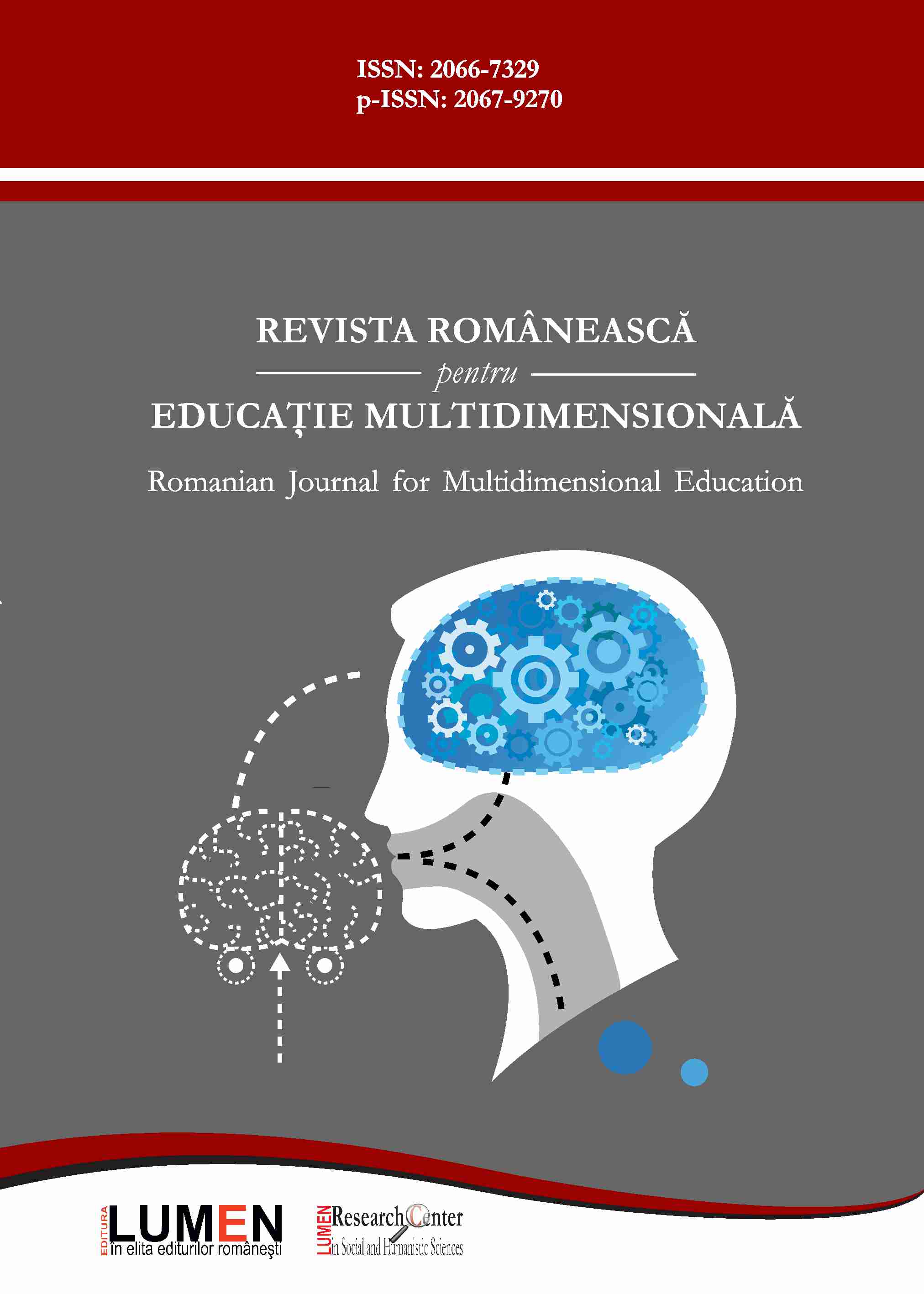Horticultural Therapy Course as an Educational-Therapeutic Tool of Rehabilitation for Individuals with MSDs
Horticultural Therapy Course as an Educational-Therapeutic Tool of Rehabilitation for Individuals with MSDs
Author(s): Iryna Sarancha, Mikhaylo Kovinko, Borys Maksymchuk, Halyna Tarasenko, Sergey Kharchenko, Iryna Demchenko, Sofiia Dovbnia, Liliia Rudenko, Olesia Symkanych, Tetiana Martyniuk, Valentyna Bilan, Iryna MaksymchukSubject(s): Social Sciences, Education, Individual Psychology, Neuropsychology, Sports Studies, Pedagogy
Published by: Editura Lumen, Asociatia Lumen
Keywords: natural environment; educational conditions; conductive pedagogy; communication with nature; course implementation; educational-rehabilitational process;
Summary/Abstract: The article presents the authors’ course “Horticultural Therapy”, which includes various activities related to the interaction with flora and its images. Evidence suggests that Ukrainian discourse lacks methodical materials on horticultural therapy and, thus, requires methods that can contribute to developing the skills of conscious psychological separation from constant parental care, taking responsibility for their lives, setting real-life goals and destroying the position of helplessness in individuals with MSDs. The article aims to theoretically justify, methodically develop and present the results from implementing the authors’ course “Horticultural Therapy” in rehabilitation centres. The authors’ methodical complex is based on the use of the following methods: analysis of theoretical and methodical sources; modelling of educational conditions and programmes; methods of implementing the didactic content in the educational-rehabilitational process; expert evaluation; statistical methods. The verification quasi-experiment of the modelled conditions for corrective learning has shown a significant increase in social skills in individuals with MSDs. Besides, findings confirm the increased levels of their independence, social and personal incentives, household and self-care skills. The international relevance of the article lies in the further development of nature-centric methods of corrective pedagogy, conductive pedagogy and non-medical treatment of CNS diseases, which is an important area of neurorehabilitation today.
Journal: Revista Românească pentru Educaţie Multidimensională
- Issue Year: 14/2022
- Issue No: 3
- Page Range: 180-200
- Page Count: 21
- Language: English

